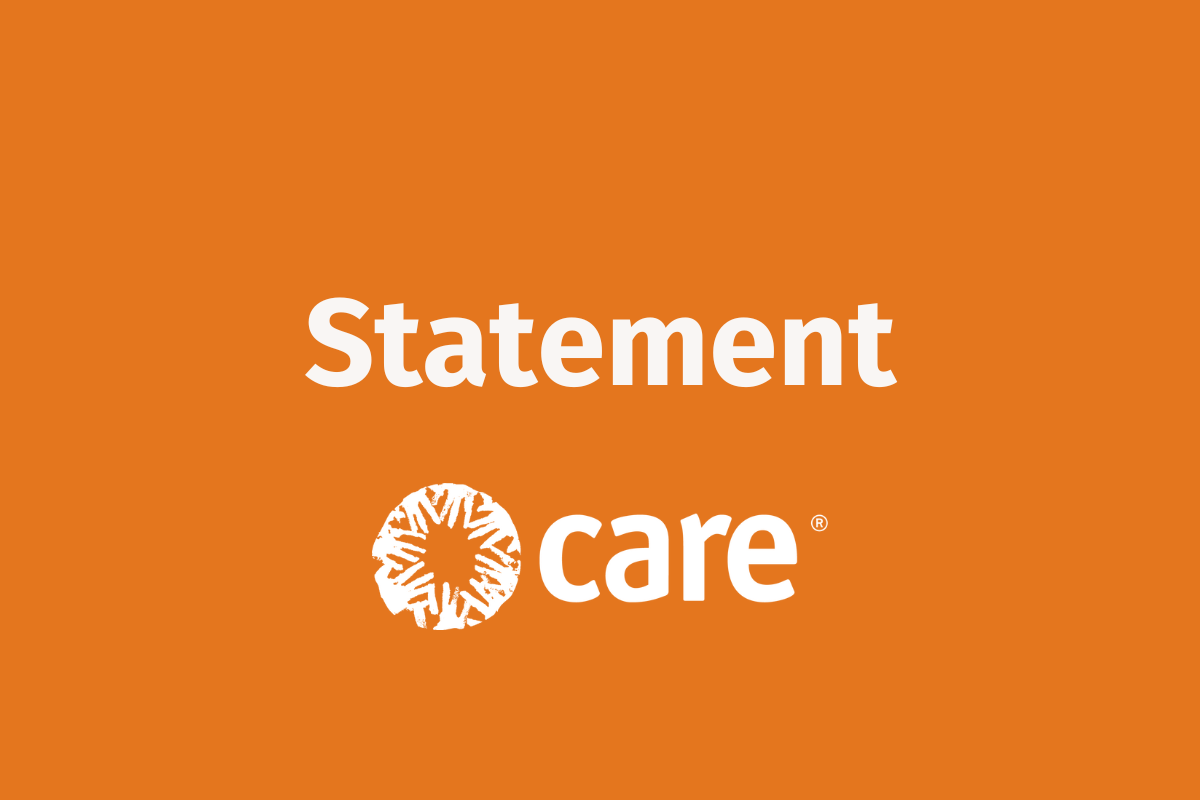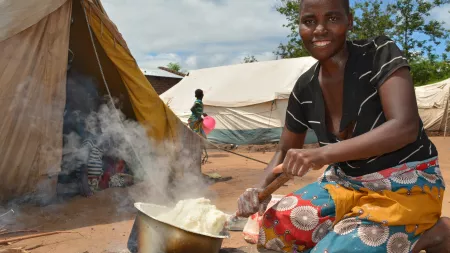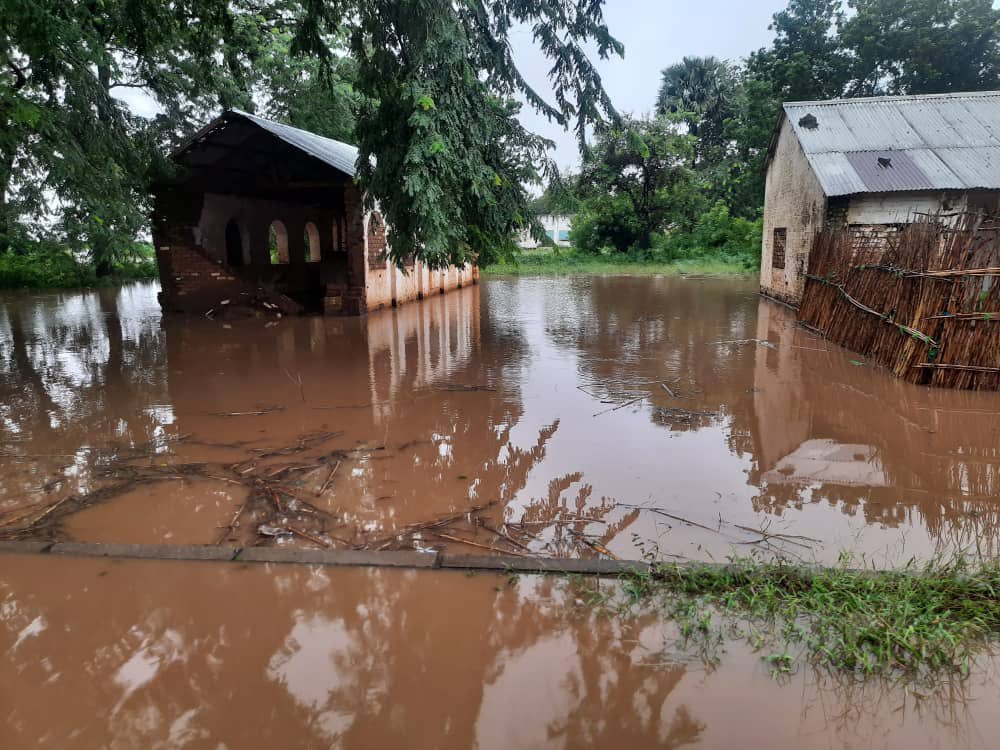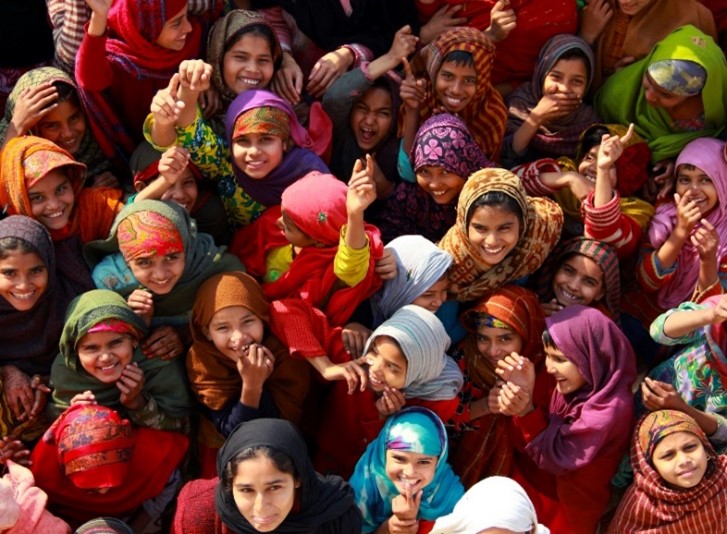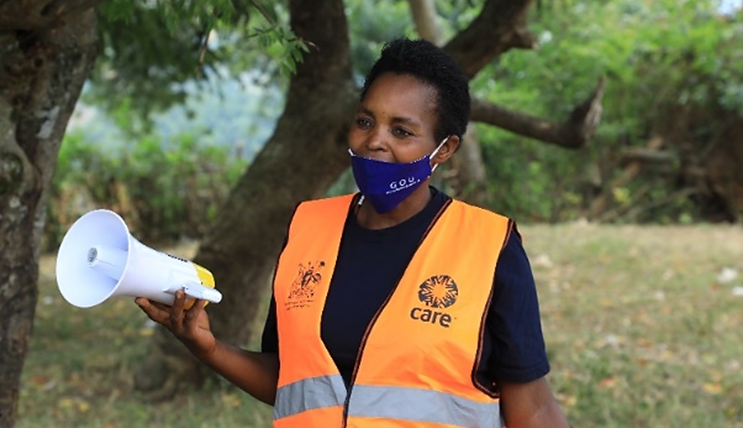What CARE International does in Malawi
CARE International established operations in Malawi in 1998, and today has a wide range of programs related to strengthening agriculture, health, education, and social and economic empowerment.
We prioritize working with women and girls, including supporting girls’ education, increasing access to sexual and reproductive health services, and working with women smallholder farmers on sustainable agriculture practices.
Much of Malawi's economy depends on agriculture, making the country vulnerable to increasing natural disasters due to the climate emergency.
In recent years, Malawi has been hit with a series of heavy rains and tropical storms causing flooding, including Cyclone Idai in March 2019. CARE Malawi’s response to these emergencies has included providing food, shelter, clean water and sanitation solutions, access to sexual and reproductive healthcare, and assistance with agricultural recovery.
